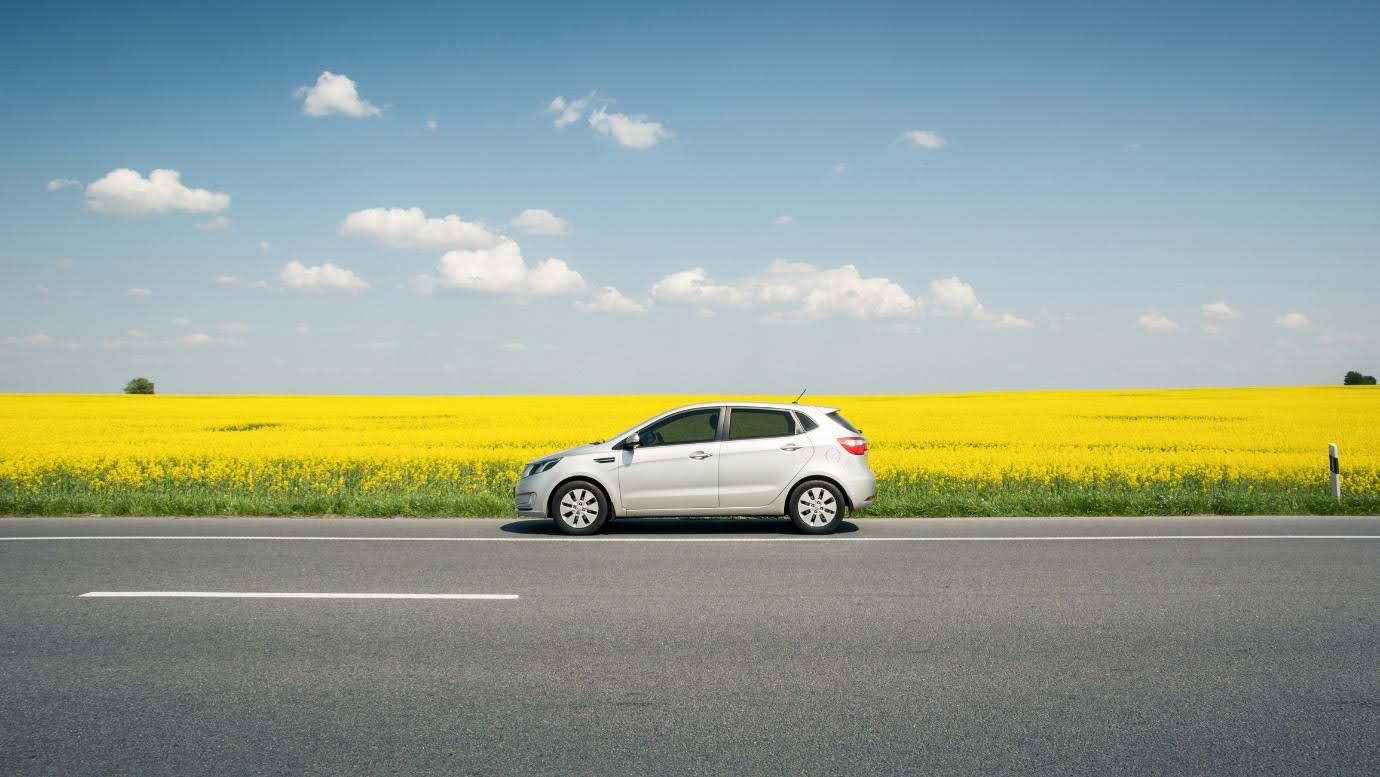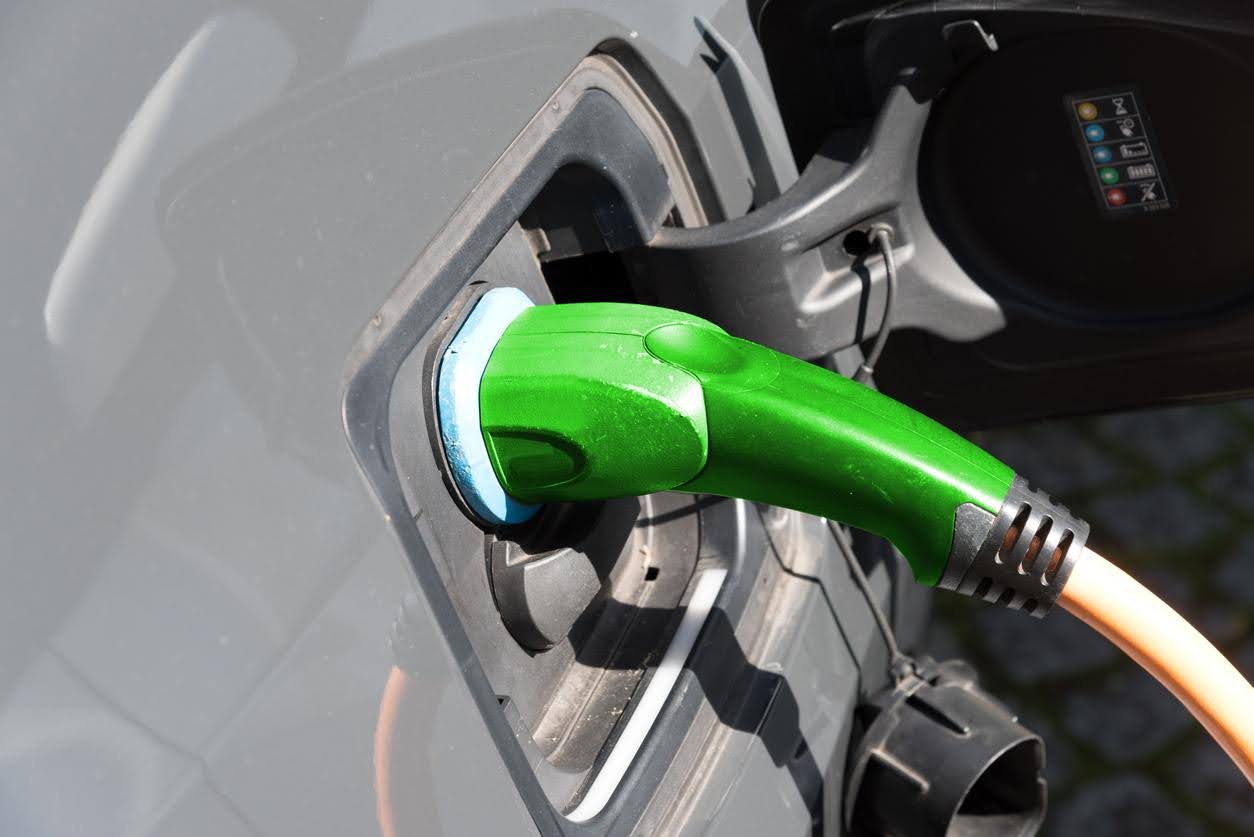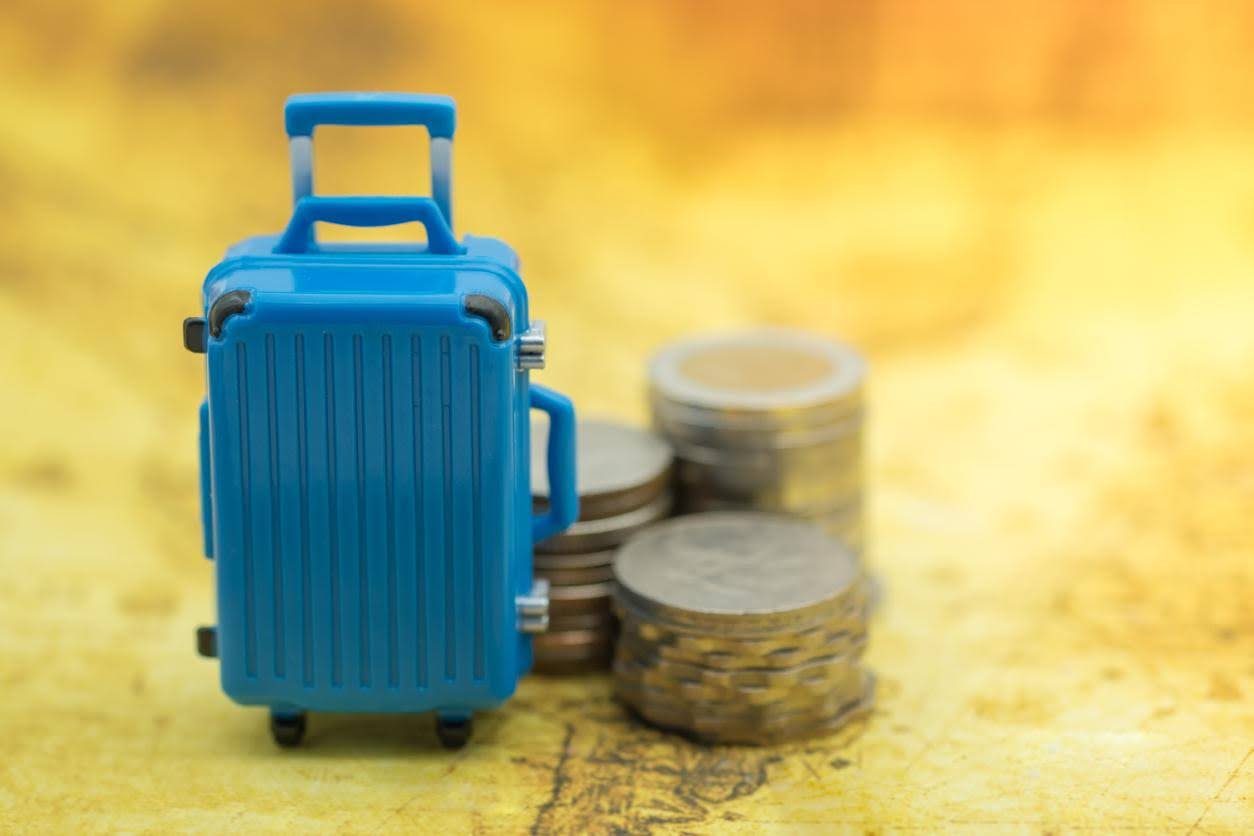At iCarhireinsurance.com we’ve created a beginner’s guide to introduce drivers to the wonderful world of economical driving.
Economical driving is essentially a way of driving which can help reduce harmful greenhouse gas emissions and reduce fuel consumption. With the high cost of fuel, and increasing environmental pressures, the practice of economical driving should be on the top of every driver’s list.
So, what are the main benefits of eco-driving?
- Save on fuel costs: Eco-friendly driving habits can help reduce your overall fuel consumption, meaning you spend less time (and money) re-fuelling and more time driving to those all-important places.
- Become a safer driver: Maintain a safe distance from the vehicle in front, be attentive and manage your speed to reduce your braking frequency. Make these a part of your regular driving habits to protect yourself, your pocket and the environment.
- Protect the environment – As with excessive braking, aggressive acceleration can significantly reduce fuel efficiency resulting in an increase in fuel consumption by up to 37% according to a best practice guide for acceleration by OneMoreSecond.
- Improved vehicle life – Eco-driving comes hand in hand with a longer car life. The smoother you drive, the less wear and tear for your car. To get the best out of your car and to ensure it continues to run eco-friendly, remember to get it regularly serviced.
How can you can drive economically?
Whether your vehicle is a manual or an automatic, the general rules apply when it comes to driving.
Before you set off on your journey, here are a few things that you can do:
Lighten the load: Remove any non-essential items from your car to reduce the overall weight. The heavier your car, the greater the acceleration is required, and thus more fuel.
Inflate your tyres: Your car’s tyres should always be inflated correctly. Therefore, we advise checking your tyre pressure on a weekly basis and always before you head out on a long journey. Not only will under-inflated tyres put further pressure on the engine and burn more fuel, but it is also a serious safety hazard.
Plan ahead: Check the traffic updates so you can avoid congested roads. A running engine sitting in traffic will drain your fuel fast. You don’t want to run out of fuel before you even reach your destination!
On the road:
Turn off the air conditioning: Running the AC uses energy from the car engine, essentially draining your fuel, especially on low speed roads. Alternatively, try opening the windows for a natural breeze. However, if you are travelling on the motorway, close those windows & switch to the AC to avoid the drag caused by wind resistance.
Stick to speed limits: The higher your speed, the higher your fuel consumption. According to the Department for Transport, shifting your speed down from 70 mph to 50mph can boost your fuel economy by 25%! Maintaining a lower speed will also prevent the need for frequent acceleration and braking.
Keep a low rev count: If you can hear your engine struggling, then it may be time to shift to a higher gear. Over-revving wastes fuel, adding to the Co2 emissions. If your vehicle has an automatic transmission, slowly lifting your foot off the accelerator will allow the vehicle to drop in rev count and shift up a gear with more ease.
So now that you’ve had a brief insight into how to drive economically, why not try these techniques on your next journey and see how much you could save.










